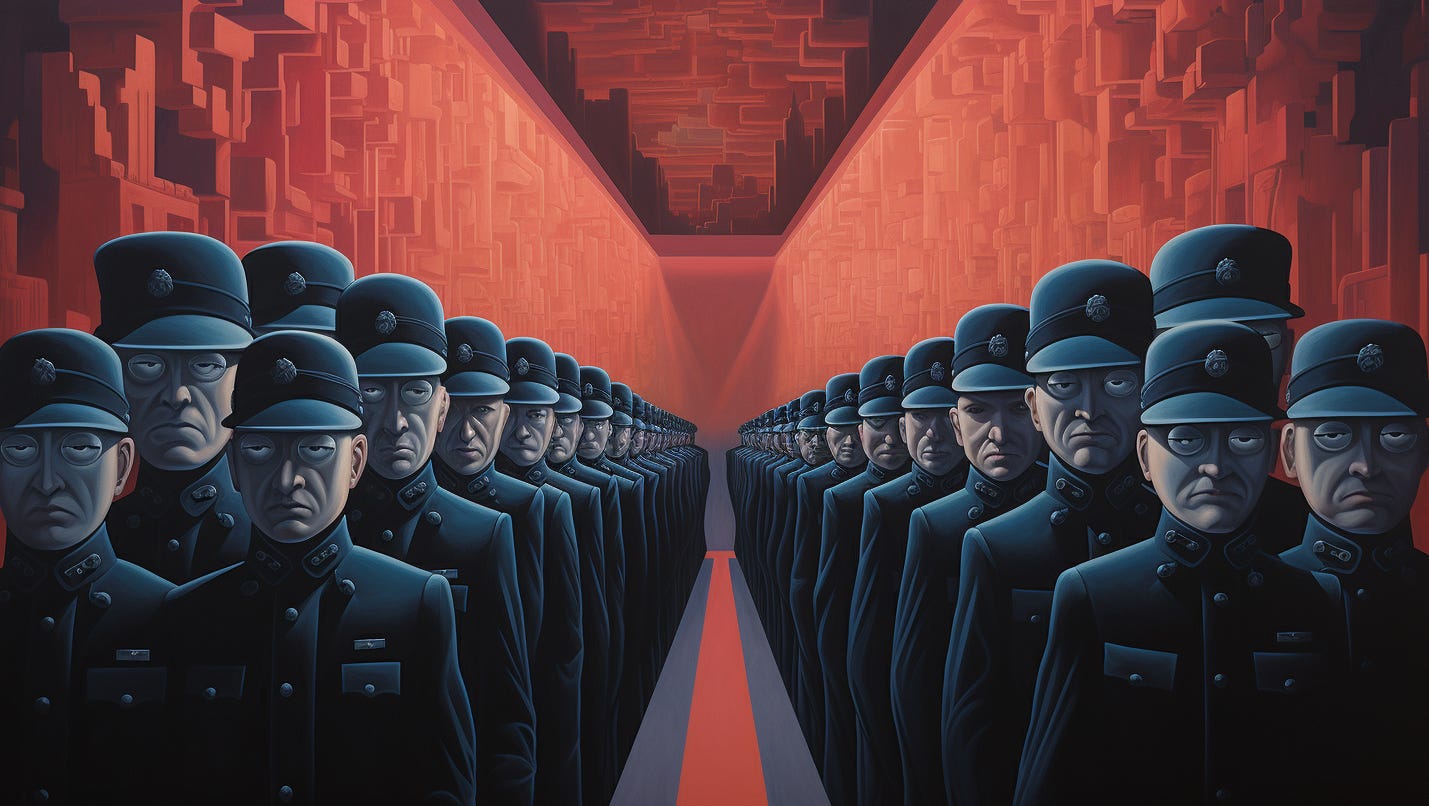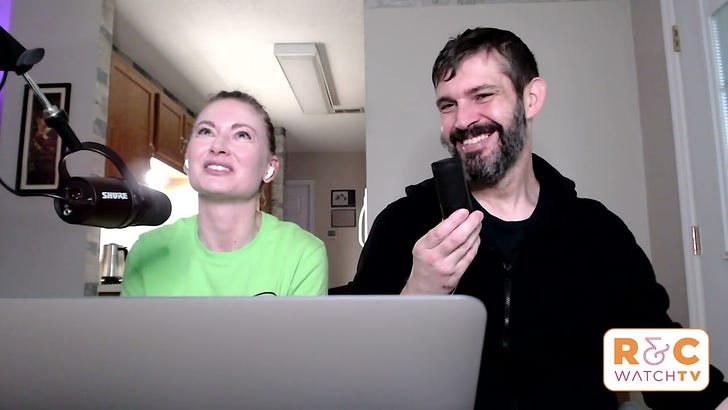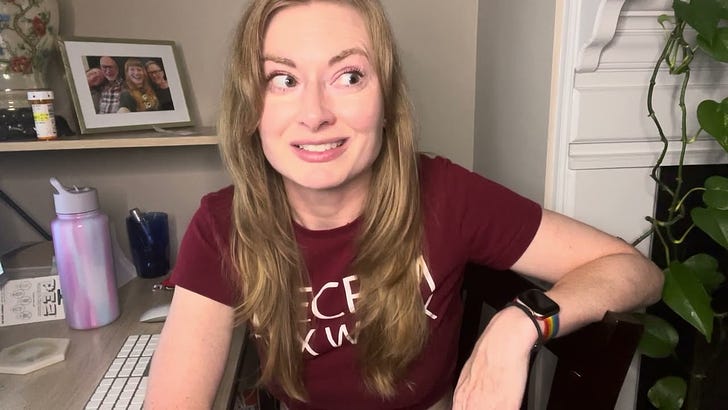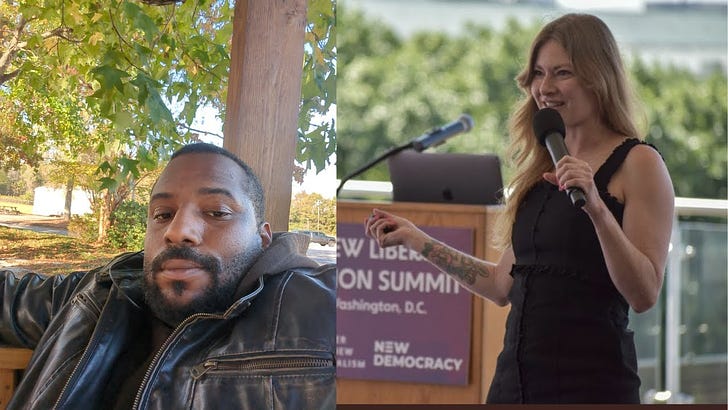Police departments are hiring at a rate of just 3% year over year, slower than the average for all US jobs. That might not sound like a bad thing. After all, cops currently spend most of their time doing shit that they know doesn’t deter crime.
Despite this, “The data makes it very clear that more cops do reduce crime,” said John Pfaff, a Professor of Law at Fordham University, where he teaches criminal law, sentencing law, and law and economics.
A group of scholars at the Niskanen Center point to research showing that placing officers at crime “hot spots” reduces serious crime in those areas. Their paper shows that every new 10-17 officers lead to one fewer homicide per year. “Larger police forces save lives and the lives saved are disproportionately Black lives,” the authors write. More officers also decrease robberies, aggravated assaults, and burglaries.
It’s also telling that crimes increase after officers leave their assigned beats after a terrorist attack or when they have to deal with a serious traffic accident.
On the other hand, evidence abounds that crime levels decrease or at least don’t rise significantly when cops implement work slowdowns. That’s probably because cops mostly reduce arrests for low-level, non-violent offenses like fare evasion. Plenty of research indicates that arrests for non-violent crimes have little to no effect on crime rates.
It may surprise you to learn that more cops equals less crime. But it’s hardly shocking that cops are most effective when they focus on the crimes that matter.
Departments should also consider who they’re hiring. One useful criterion might be a college degree. Research indicates that better-educated officers perform better on the job. Degreed cops are less likely to resort to verbal and physical force than officers of the same experience without a degree. Hiring officers with degrees or helping to fund their education may actually save cities money on net because officers with degrees receive fewer complaints, which means cities pay fewer claims and defend themselves against fewer lawsuits.
But ultimately, as I wrote recently, we can’t hire the best cops until we’re willing to pay them like the full-time, high-value salaried professionals we need them to be.
For the best results, departments should:
1. Hire more police, especially those with college degrees
2. Incentivize cops to focus on violent crime rather than low-level, non-violent, so-called “quality of life” crimes
3. Assign cops to violent crime “hot spots”
Hiring more cops and paying cops like full-time, high-value salaried professionals also won’t totally fix policing. But the data shows these moves are likely to help. Especially if we combine them with changing how cops spend their time and resources. Stay tuned for that post on Wednesday.
Sex and the State is a newsletter at the intersection of policy and people. Like it? Upgrade to a paid subscription, buy a guide, follow me on Twitter, support me on Patreon, or just share this post 🙏
~~~~~
This ⬇️ is an affiliate link! Sign up today to support me!
Join the reading revolution! Get key ideas from bestselling non-fiction books, distilled by experts into bitesize text and audio. Explore our vast library of over 5,500 titles and stay up-to-date with 40 new titles added each month.















The ACAB case for hiring more officers